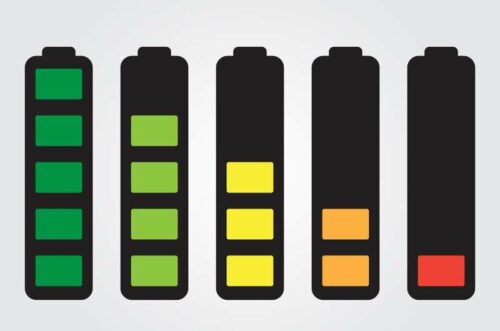A team of researchers from Bristol has developed a strong battery separator using nanomaterials made from seaweed

Sodium-metal batteries (SMBs) are one of the most promising high-energy and low-cost energy storage systems that can be implemented in large-scale applications. But the only drawback of using SMBs is uncontrolled dendrite growth, which penetrates the battery’s separator and results in short-circuiting. To avoid this penetration, a team from the University of Bristol in collaboration with Imperial College and University College London has successfully developed a separator from cellulose nanomaterials derived from brown seaweed. Fibers containing these seaweed-derived nanomaterials not only prevent crystals from the sodium electrodes from penetrating the separator, but also enhance the performance of the batteries.
“The aim of a separator is to separate the functioning parts of a battery (the plus and the minus ends) and allow free transport of the charge. We have shown that seaweed-based materials can make the separator very strong and prevent it from being punctured by metal structures made from sodium. It also allows for greater storage capacity and efficiency, increasing the lifetime of the batteries – something which is key to powering devices such as mobile phones for much longer,” said Jing Wang, first author and Ph.D. student at the Bristol Composites Institute (BCI).
Dr. Amaka Onyianta, also from the BCI, who created the cellulose nanomaterials and co-authored the research, said: “I was delighted to see that these nanomaterials are able to strengthen the separator materials and enhance our capability to move towards sodium-based batteries. This means we wouldn’t have to rely on scarce materials such as lithium, which is often mined unethically and uses a great deal of natural resources, such as water, to extract it.”
“This work really demonstrates that greener forms of energy storage are possible, without being destructive to the environment in their production,” said Professor Steve Eichhorn who led the research at the Bristol Composites Institute.
The researchers trying to attain the next challenge i.e. to upscale production of these materials and replace current lithium-based technology.
Click here for the Published Research Paper






